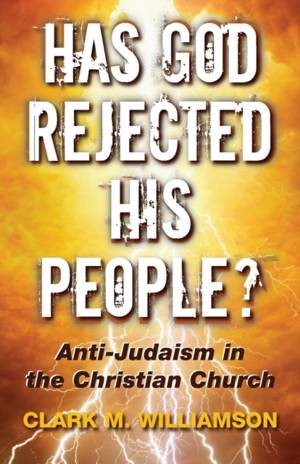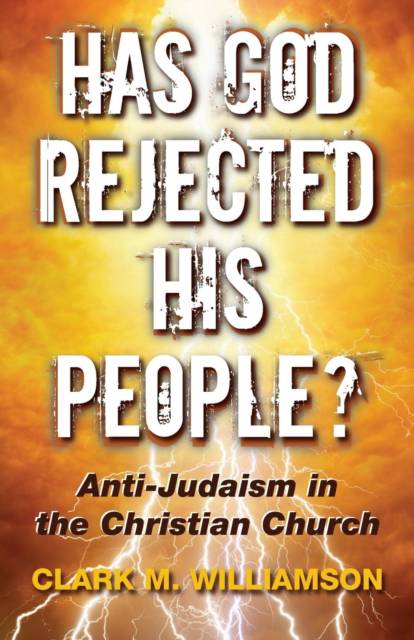
- Retrait gratuit dans votre magasin Club
- 7.000.000 titres dans notre catalogue
- Payer en toute sécurité
- Toujours un magasin près de chez vous
- Retrait gratuit dans votre magasin Club
- 7.000.000 titres dans notre catalogue
- Payer en toute sécurité
- Toujours un magasin près de chez vous
Description
The point of this book is simple: to make Christians aware of a story that they have not been told--the story of relations between Christians and Jews. This involves tracing the church's anti-Judaism to its source in the gospels and the Book of Acts and describing the development of the church's displacement-replacement theology according to which we new Gentiles, spiritual, universal, inclusive Christians replace the old, carnal, ethnocentric legalist and works-righteous Jews in the favor of God. The story also details the actions of the churches, specifically a long chain of canons (laws) governing relations between Jews and Christians, all the way from banning Christians for socializing or dining with Jews, marrying Jews, and asking rabbis for blessings, to requiring all Jews to live in ghettos. This history of actions comes down to the present and its consequences in the Holocaust in which all the killers were Christians and in the Nazi laws governing Jewish behavior. Each such law took its precedent from a canon law passed by a council of the church. The recent rash of bomb threats against Jewish Community Centers and synagogues reminds us of how deeply this bigotry is embedded in people. The point of making people aware of anti-Judaism is to prompt them not to shrug if off when scripture readings regularly teach contempt for Jews with the rhetoric of vilification. Words are important. Teaching contempt should be called out and rejected. This can be done pastorally and gently, but it should be done. Otherwise the church's language reinforces a deeply embedded bigotry. Most Christian pastors are unaware of this reality and prone to thinking that anti-Judaism is not a serious problem for the church. Hence most anti-Judaism in Christian preaching is unintentional. Awareness of the story of Christian anti-Judaism prods us to move from unintentional anti-Judaism to intentional teaching of respect for Jews and Judaism.
Spécifications
Parties prenantes
- Auteur(s) :
- Editeur:
Contenu
- Nombre de pages :
- 190
- Langue:
- Anglais
Caractéristiques
- EAN:
- 9781532618598
- Date de parution :
- 03-11-17
- Format:
- Livre broché
- Format numérique:
- Trade paperback (VS)
- Dimensions :
- 137 mm x 213 mm
- Poids :
- 385 g







